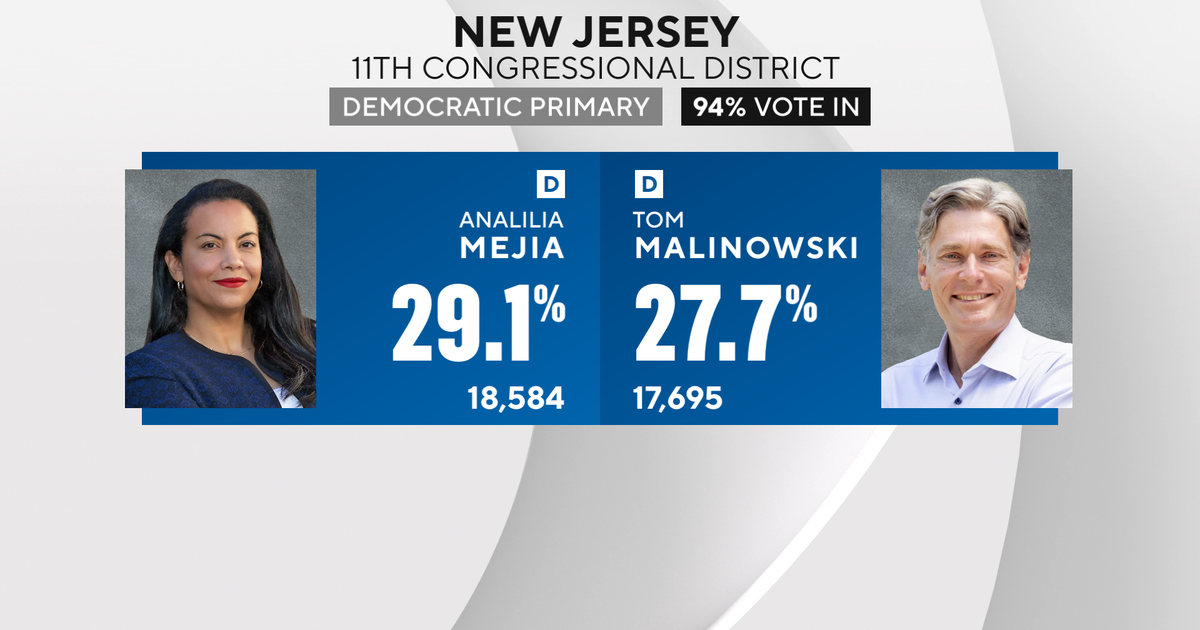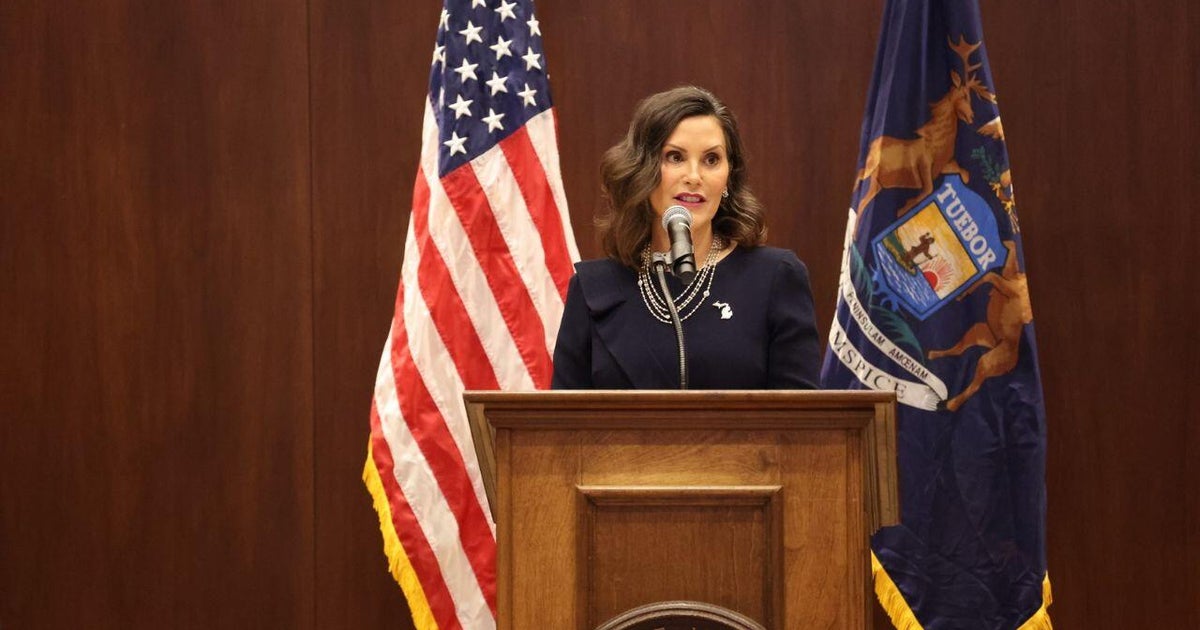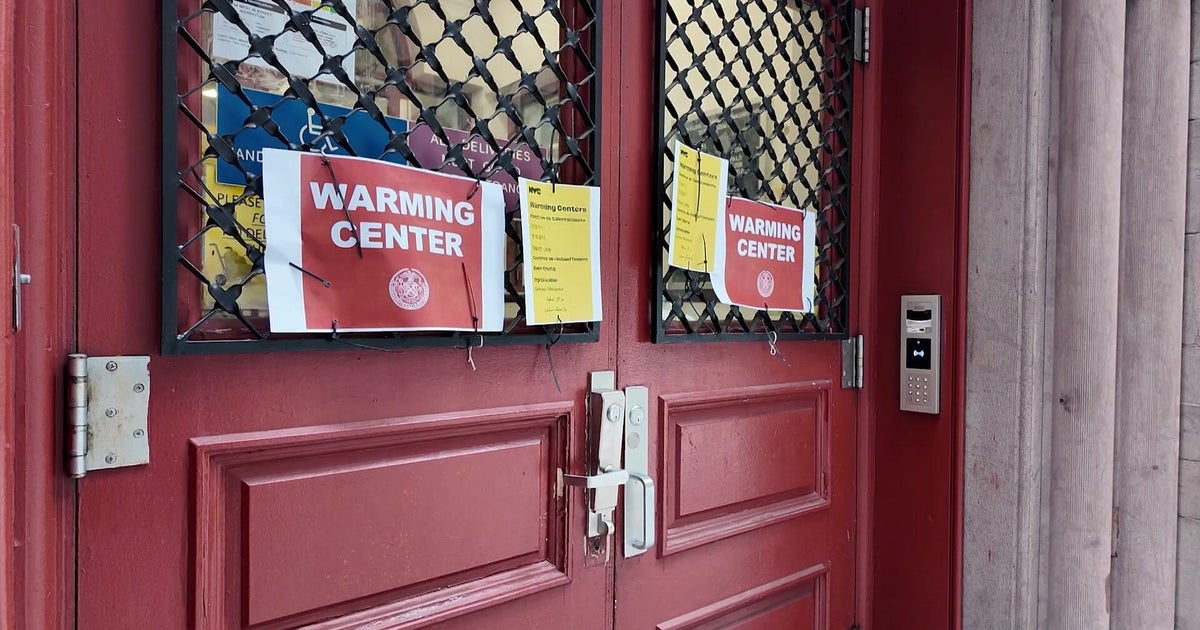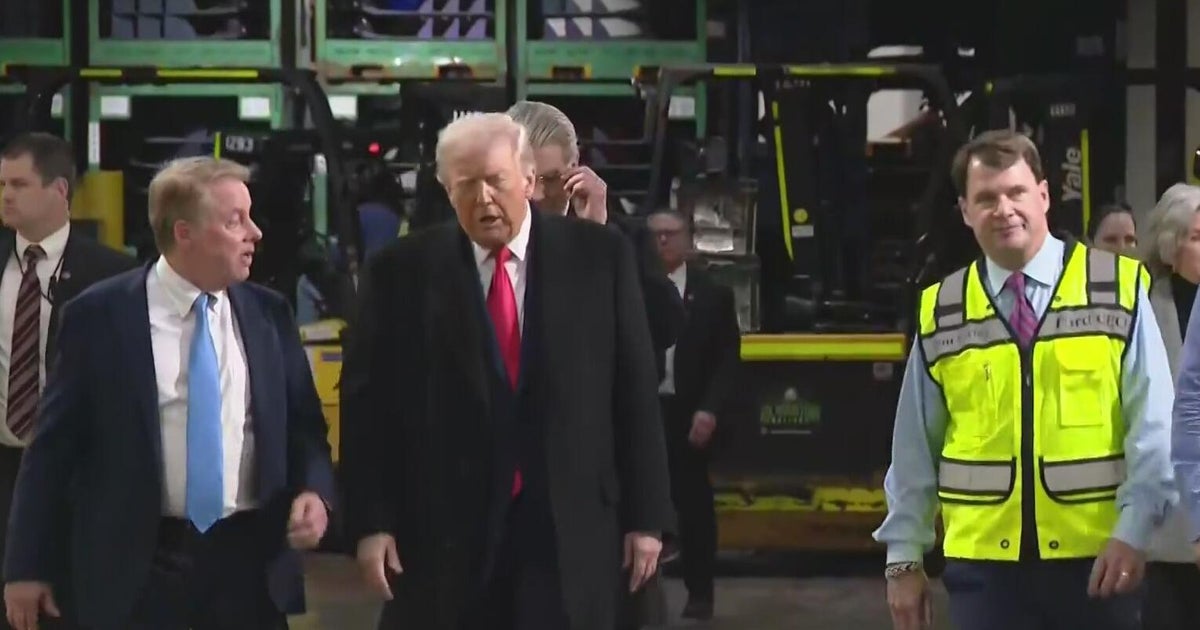Campaign China-Bashing Obscures Real Problems
WASHINGTON (AP) -- It's open season on China in the Republican race for the presidential nomination, and Mitt Romney is leading the charge. Newt Gingrich and some other candidates are on his heels, painting China as the bogeyman responsible for America's economic ills.
Former Ambassador to China Jon Huntsman is the lone holdout, warning against actions that might prompt a trade war.
In a race focused primarily on jobs, taxes and debt, China is emerging as an increasingly prominent foreign policy topic -- largely because it is by extension an issue of economics. The debate centers on legitimate gripes over the Asian power's currency value, huge U.S. debt holdings and pirating of American technology. But those issues are often being melded into an all-encompassing populist argument that China is stealing jobs from the United States.
"Day one, I will issue an executive order identifying China as a currency manipulator," Romney said during in last week's debate, outlining his presidential vision. "People who've looked at this in the past have been played like a fiddle by the Chinese. And the Chinese are smiling all the way to the bank, taking our currency and taking our jobs and taking a lot of our future. And I'm not willing to let that happen."
The economics aren't as simple as good and evil in a relationship between the world's largest exporter and importer who between them traded goods worth more than $450 billion last year. Yet the sharp tone has been an effective campaign tool with Americans increasingly perturbed by China's rapidly expanding manufacturing production and pursuit of the U.S. position as the world's biggest economy.
U.S.-China relations are imbalanced, even if exports in both directions are rising. The Asian power sells four times as many goods to the U.S. as the United States sends in return to China. But currency policy is only part of the explanation.
Chinese workers earn far less money than Americans, allowing local and American companies that moved manufacturing operations to the country to sell goods on the global market at lower prices. Chinese citizens are less likely to buy as many U.S.-made goods because on average they are far poorer than Americans.
Those nuances have at times been brushed aside, with talk on China focused more on finger-pointing than serious discussion over ending Washington's overreliance on Beijing for purchasing American debt or supplying the economy with cheap consumer goods.
The Chinese Foreign Ministry spokesman, Liu Weimin, speaking to reporters in Beijing on Monday, said the two countries' trade and economic cooperation benefited both sides.
"The attitude of seeking scapegoats and putting the blame on other countries, to mislead the general public, is irresponsible," Liu said in a regular briefing when asked to comment on Romney's attacks on China's currency policies.
Some of the fear of China has spilled over into the question of military might. In an interview with Georgia's Marietta Daily Journal, Gingrich warned earlier this year that if China owns "trillions of dollars of our debt, and they have a superior manufacturing system and a superior military, then our range of independence will be within the framework the Chinese tolerate."
For now, U.S. military supremacy in the Pacific is unchallenged. While some lawmakers watched warily as China unveiled its first aircraft carrier in August, the U.S. has 11 such vessels in operation.
And the reality is that even as the value of the yuan against the dollar has irked Republican and Democratic lawmakers for the last decade, politicians have found it much easier to campaign on the issue than force the communist government to float its currency. President Barack Obama, like George W. Bush before him, has opted for negotiation with Beijing rather than conflict as the best way to gain concessions.
Romney's approach lumps together complaints about Chinese economic policy which aren't necessarily connected. He has said labeling China a currency manipulator would enable Washington to go after Beijing "in places where they're stealing our intellectual property," but it's unclear how currency and counterfeiting would be linked.
Overly aggressive tactics might be counterproductive for U.S. economic recovery.
"I don't subscribe to the Don Trump school or the Mitt Romney school of international trade," Huntsman, the Obama administration's former ambassador to China, said in Tuesday's GOP debate. "I don't want to find ourselves in a trade war. With respect to China, if you start slapping penalties on them ... you're going to get the same thing in return."
A tit-for-tat trade war would help no one. The United States accelerated the Great Depression in the 1930s by setting sharply higher tariffs on hundreds of foreign goods, sparking international retaliation and the devastation of international commerce. Economists fear a similar wave of protectionism today could plunge the world back into recession.
Coming at the problem from the same direction as Romney, the Senate this week passed a bill to impose higher taxes on imports on China if the government fails to allow the yuan to rise in value faster. The bill is unlikely to pass the House of Representatives, where Republican leaders oppose it.
And, as Huntsman noted, the Chinese could easily retaliate with penalties against American goods aided by the Federal Reserve's pumping of hundreds of billions of dollars into the U.S. economy.
The Obama and Bush administrations have approached China more carefully, targeting with higher import taxes those Chinese goods they felt were selling at artificially low prices while negotiating with Beijing for a fairer currency exchange rate. Despite limited success, they've avoided a blanket punishment of all Chinese goods and any breakdown in relations that would surely make it harder for American products to reach China's booming internal market.
"For the first and the second-largest economies in the world, we have no choice: We have to find common ground," Huntsman argued, in a rare voice of support from a GOP candidate for any current administration policy.
A trade war "disadvantages our small businesses," he said. "It disadvantages our exporters. It disadvantages our agricultural producers."
(© Copyright 2011 The Associated Press. All Rights Reserved. This material may not be published, broadcast, rewritten or redistributed.)







